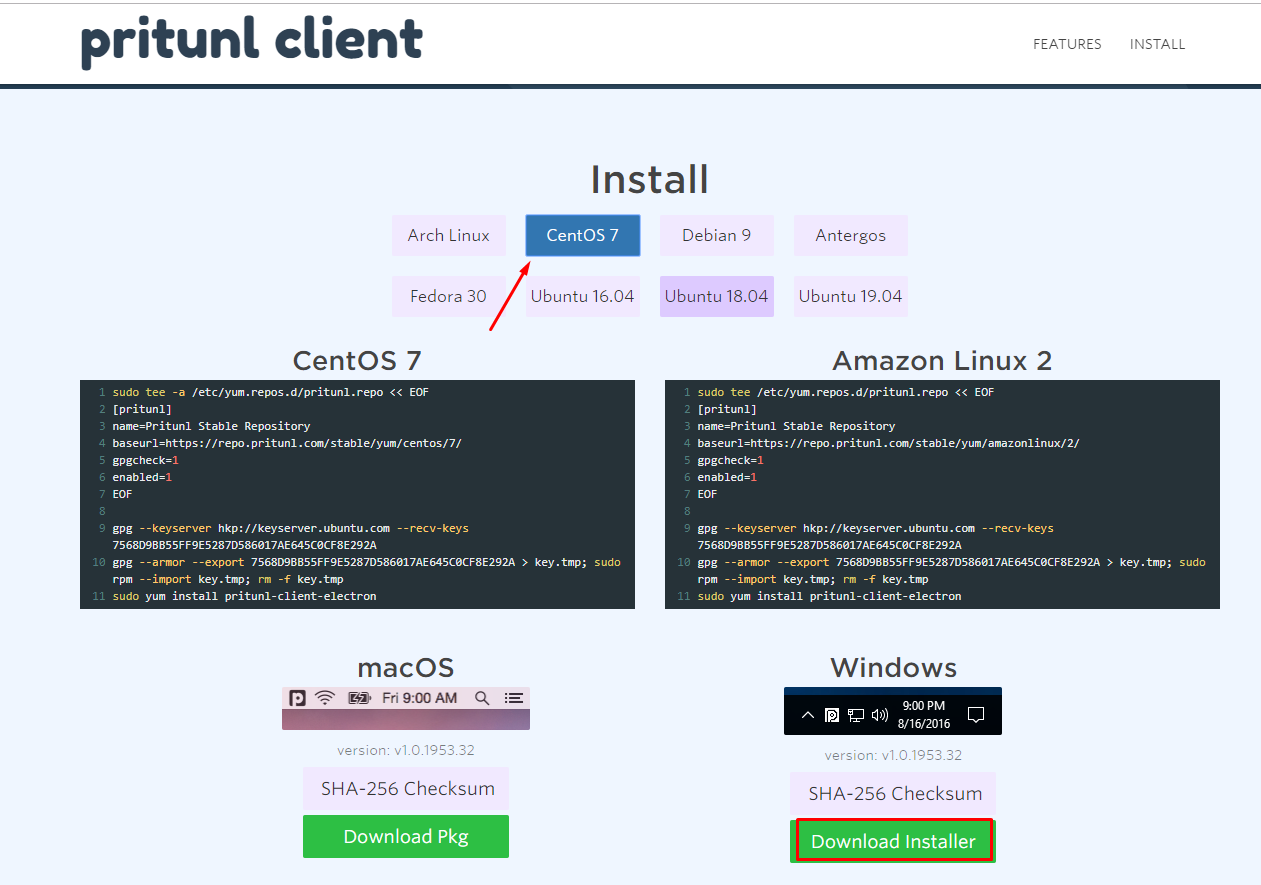

Proton VPN uses HMAC SHA to authenticate a connection, but uses AES-GCM to authenticate data for the rest of the session.ĪES provides highly robust encryption, but if you want to send the data somewhere, you need a secure way to agree on a key.Īsymmetric encryption achieves this using public-key cryptography - the data is encrypted using a public key, which is openly published, but which can only be decrypted by the intended recipient using the correct (secret) private key.Īsymmetric encryption is very slow compared to symmetric encryption systems, such as AES, so it is primarily used simply to authenticate the connection between the VPN client and server.Ī Diffie–Hellman key exchange (DHE) is a way to secure the TLS key exchange across an insecure channel (such as the internet).

AEAD ciphers are also more efficient (and therefore faster) than SHA and have less of an overhead. This allows it to both secure data and authenticate it, removing the need for authentication using HMAC SHA. Like the ChaCha20-Poly1305 cipher used by WireGuard (see below), AES-GCM is an authenticated encryption with associated data (AEAD) cipher. AES has a maximum key size of 256-bits (AES-256), with the US government deeming AES-192 and higher sufficient to secure “top secret” information.ĪES in OpenVPN can now be used in AES-CBC (Cipher Block Chaining) or AES-GCM (Galois/Counter Mode) modes. Widely regarded as the best symmetric key cipher yet devised, AES is certified by NIST and is used by the United States government to secure its data.

Symmetric ciphers are much faster than asymmetric ciphers, such as RSA, which makes them the preferred choice for encrypting large amounts of data. Let’s take a closer look at the encryption schemes used by OpenVPN:ĪES is a symmetric key encryption cipher, meaning the same key used to encrypt the data is also used to decrypt it. Proton VPN verifies data transfer during a session using AES-GCM. Once a TLS connection is established, OpenVPN transfers your actual data over the data channel encrypted with a symmetric cipher (Proton VPN uses AES-256). The encryption suite we use also includes a Diffie-Hellman key exchange (DHE) to provide forward secrecy. Proton VPN uses AES-256 for its symmetric cipher, RSA-4096 to ensure a secure key exchange, and HMAC SHA-384 hash authentication to verify the TLS certificates. The whole process uses a symmetric key cipher, but the actual key exchange requires an asymmetric encryption system where a public key is used to encrypt the data, which can only be decrypted using a private key. The control channel establishes a TLS connection between the VPN client and the VPN server. OpenVPN uses two channels to transfer data: the control channel and the data channel. Needless to say, Proton VPN uses very strong OpenVPN settings. Properly configured OpenVPN with strong encryption settings, certificate-based authentication, and the use of forward secrecy to ensure each and every VPN session needs to be individually hacked is still considered the gold standard when it comes to VPN security.
#PRITUNL VS CRACK#
The documents showed that it could crack OpenVPN, but only if a pre-shared key was used. In large part this is due to documents leaked by Edward Snowden in 2013, which showed that the NSA could crack most VPN protocols in use at the time. Pros Secureĭespite being 20 years old, OpenVPN is still widely regarded as the most secure VPN protocol available. OpenVPN remains the most widely supported protocol by commercial VPN services, although this dominance is beginning to be challenged by WireGuard.
#PRITUNL VS PLUS#
OpenVPNįirst released in 2001, OpenVPN is an open-source VPN protocol that uses the OpenSSL library, TLS, plus a variety of other technologies to create a VPN connection that is both secure and stable. The ability to run OpenVPN in TCP mode also gives it greater built-in anti-censorship capabilities than WireGuard. OpenVPN is beginning to show its age in terms of speed, performance, and efficiency, but remains widely regarded as the most secure and battle-tested VPN protocol available. WireGuard represents cutting-edge VPN technology and is cryptographically secure, highly efficient, and fast. OpenVPN and WireGuard® are VPN protocols used to secure the connection between your device and a VPN server. In addition to this, our Stealth obfuscation protocol is based on an implementation of WireGuard run over TCP.
#PRITUNL VS UPDATE#
Update March 2023: While WireGuard continues to officially only support UDP, Proton VPN has now developed an implementation of WireGuard that runs over TCP.


 0 kommentar(er)
0 kommentar(er)
